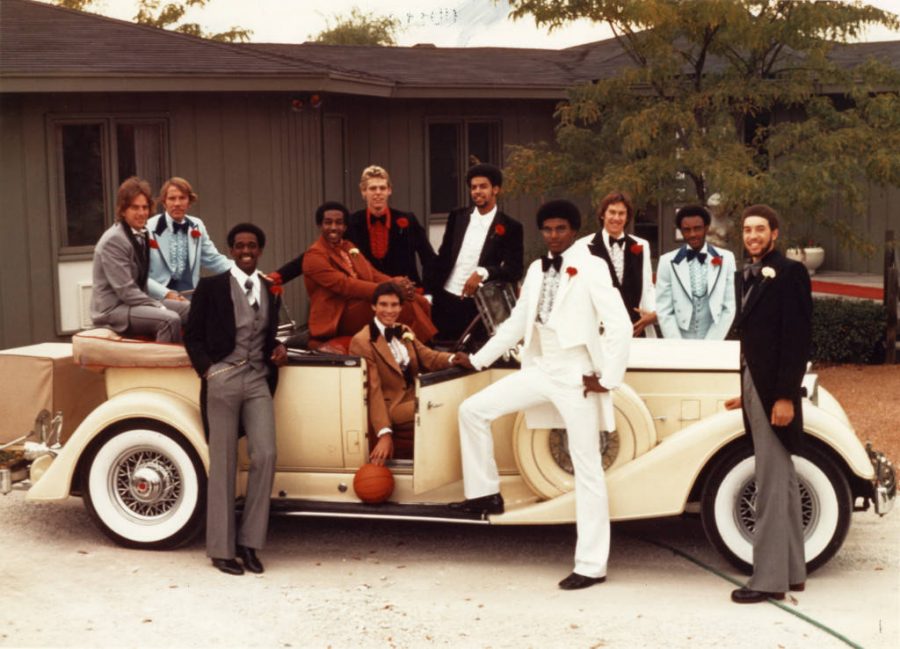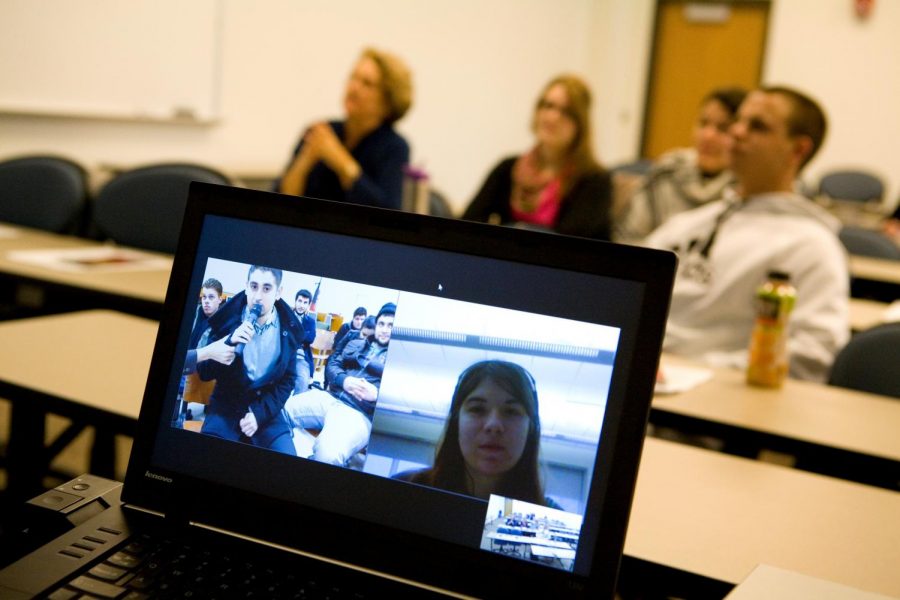
Multiple news organizations relayed information Monday afternoon that Virginia Commonwealth University head coach Shaka Smart was coming to Marquette to fill the vacancy at the helm of men’s basketball.
The information spread through Twitter, and reporters published stories without verification from any credible source at the university or elsewhere. Local news stations and student journalists even gathered at the Al McGuire Center for a press conference about the coaching situation that wasn’t happening.
The incident, which did not involve the Tribune, was not a hoax, as some media outlets labeled it. Rather, it was the result of unverified reporting in an attempt to break news as quickly as possible. What it amounts to is a chain of mistakes by journalists who judged that reporting swiftly was more important than reporting accurately.
Often, that’s what the 24-hour news cycle calls for these days. But journalists and readers need to step back and look at the integrity and credibility forgone when we teach journalists the first priority is to break the story quickly.
The false information surrounding Smart and Marquette’s coaching position originated on Twitter – not from the Department of Athletics, not from Marquette administration and certainly not from Smart.
Despite the timeliness of social media journalism, readers and reporters should not rely on tweets to get their news.
The events surrounding Shaka Smart were a textbook example of the paradox the journalism industry has created for itself: The immediacy required to fit the demands of social media and technological platforms sometimes overshadows the need to practice solid reporting.
There is a problem with journalistic practices when an unsubstantiated rumor can pass as good information across so many news outlets. In many ways, though, this has become the industry standard. Reporters are taught to use the many different tools for getting the story out – especially social media – when they should be focused on gathering credible information and checking their facts.
The amount of time it takes to report a story makes no difference if the information is false, and the push to get a story out as fast as possible can shift a reporter’s journalistic credibility to second priority.
Even at Marquette, journalism training is increasingly erring in the direction of multimedia versatility and increased social media presence. While these skills are necessary for students to adapt to an industry that often demonstrates its dependence on tweet-style news, they should never take time from discussing the fundamental elements of journalism: seeking credible sources and constructing well-informed stories. Journalism can exist without the technology, but not without its fundamentals.
At the very least, professors need to inform students about the potential for error created by Twitter and other modern journalism tools. As the situation with Shaka Smart demonstrates, writers need to strike a balance between this technology and their reporting.
This is a case that professors in the College of Communication should consider analyzing with their students to demonstrate the perils of many modern reporting tools. The announcement proved a point: competition between news organizations does not breed good journalism, solid reporting does.
Despite what Twitter news often suggests, journalism is not a sprint. There is no value in breaking a story if it isn’t first reported meticulously. A well-written story that comes out second will always be more valuable than a poorly researched story that ‘breaks’ the news first. The entire line of information, from source to writer to reader, should never rely on these fragments of information as valid news – unless identified sources are there to support them.








